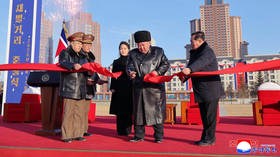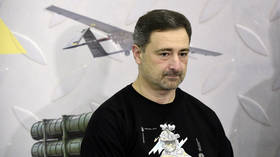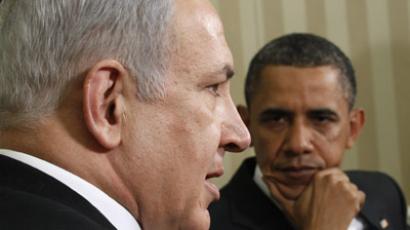‘Israeli spies against military strike on Iran’ – ex-ambassador
Despite Israel’s rulers pushing for an attack on Iran, intelligence does not recommend it, Thomas R. Pickering, former US Ambassador to Israel, told RT. It is mutual distrust between Iran and the US that stalls the diplomatic settlement, he believes.
“The really interesting thing about the Israeli situation is…that the heads of the three Israeli intelligence services do not seem to be recommending any military attack. They seem to be against it, for good reasons: it involves many to many risks and complications and it is unlikely to achieve, in any serious and continuing way, the objective of stopping the Iranian program,” Thomas R. Pickering said.Israel has announced recently that it will take a decision on whether or not to strike Iran independently, without the US’s authorization. Pickering believes the attack would not be the wisest bet. “I believe if you were to attack Iran militarily under the current situation, one result would be that they will have a perfectly legitimate reason for saying ‘We had no interest in a bomb, but now that we have been attacked we obviously have to make a bomb.’ So it is counterproductive,” he added.Just like the Americans do not trust Iran, the Iranians have their reasons to be suspicious of the US, Pickering said, and this disrupts the very possibility of diplomatic settlement of the ongoing crisis. “Iran has sat down and catalogued all the things that it sees negative about the United States: overthrow of Mossadegh, support of the Shah, support of Iraq during the eight-year war, the shoot down of the airplane by the cruiser Vincennes, sanctions and all of these things hemming Iran around. What do they conclude? ‘They must want to change our government!’” he said. In order to solve the crisis, the United States should come forward and open a diplomatic line with Iran and to conclude a mutually beneficial deal. “[US should] begin with the idea that the Iranians advanced two months ago that they would stop enriching uranium to 20 per cent if we, on our side, maybe the P5+1: Russia, China, United States, Britain and France and Germany would provide the fuel elements, those pieces of the reactor that they use to make medical isotopes for their population. They now have run out of that fuel,” he said. “The proposals that we make would be to say: let’s give Iran what it says it wants which is a civil nuclear program but let us do our best to create the maximum amount of effective inspection,” Pickering concluded.














